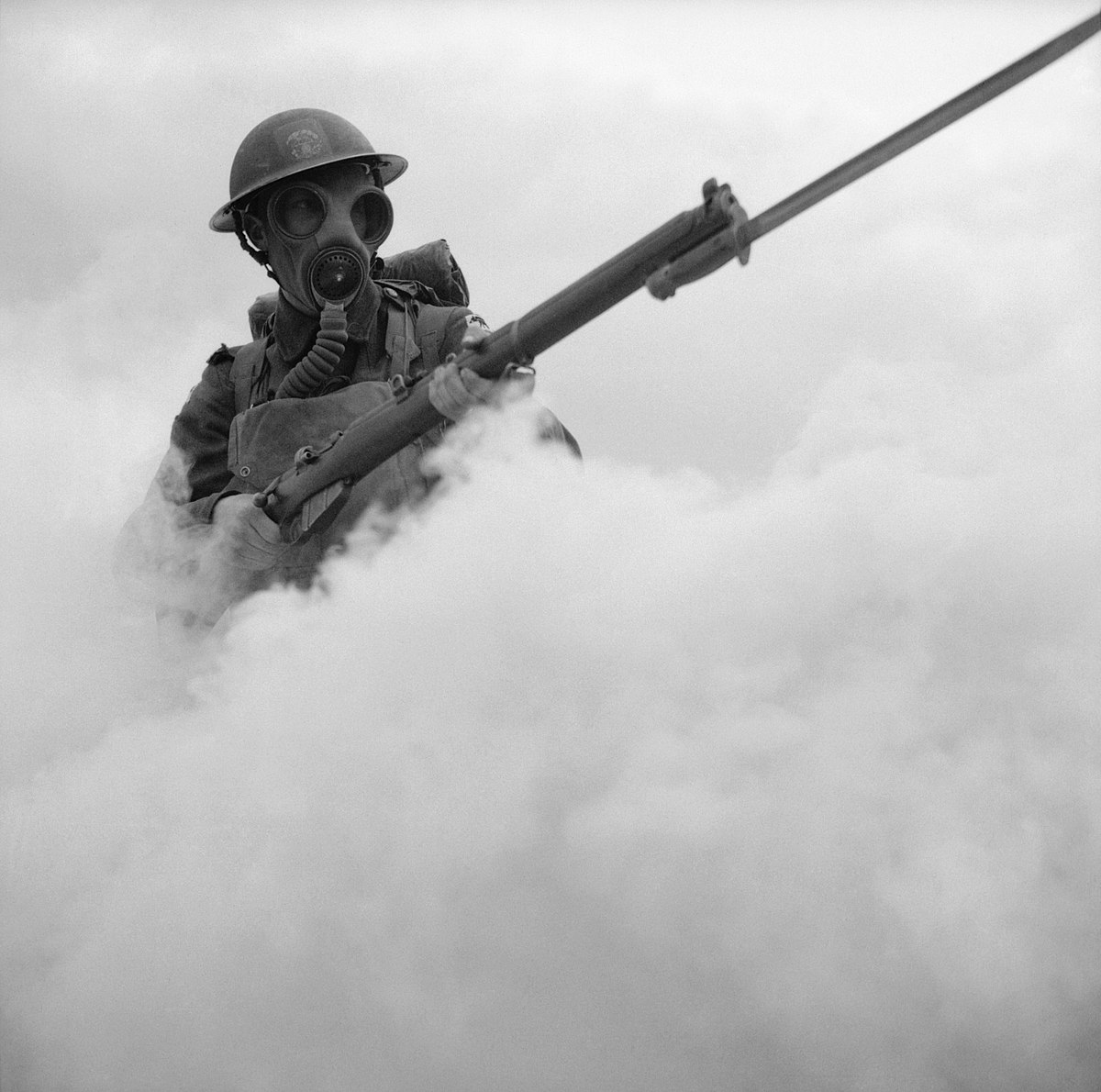Bournvilleboy
knowlegable brummie
In WW1 my grandfather was a "steel grinder", he was in the Cambridge Regiment, does anyone know what
a steel grinder would have done? Cheers
a steel grinder would have done? Cheers
The process of making certain objects like edge tools, knives and scissors involved a lot of griding and polishing to remove surplus metal and to then give a good shiny finish. Therefore, its most likely he would have had the transferable skills to do both jobs.Hi, thanks for your help, he was a rim polisher at a cycle works on the 1911 and 1921 census. The reference to him being a steel grinder was when he was in the army in 1917. Do you think a rim polisher could be classed as a steel grinder? Cheers
Sharpened the bayonets and other weapons?In WW1 my grandfather was a "steel grinder", he was in the Cambridge Regiment, does anyone know what
a steel grinder would have done? Cheers
What an interesting video, so much skill to manufacture scissors. Thank you for sharing it. As you said he probably used his skills from polishing and grinding and as Janice said he could have sharpened bayonets and other tools in the army which makes sense.The process of making certain objects like edge tools, knives and scissors involved a lot of griding and polishing to remove surplus metal and to then give a good shiny finish. Therefore, its most likely he would have had the transferable skills to do both jobs.
Have a look at this video film by Shaun Bloodworth at Ernest and Write Ltd, one of the last scissor manufacturers in Sheffield. Shaun was quite fascinated by hand and hand eye coordination with manual workers.
i was getting confused as i thought the occupation of steel grinder was on his army records meaning that is what his work was before he joined up..
lyn
In post 2 you wroteYou may well be correct that it was on his army records, I do not have his army number to find his service history.
Just found out that as they are "stabbing" weapons bayonets are not meant to be sharp.Sharpened the bayonets and other weapons?
I thought so - perhaps the comment I read referred to the rest of the blade. (can't find where I read this now).Surely the point has to be sharp , else it would not slide in well

thats sick mikeSurely the point has to be sharp , else it would not slide in well
In post 2 you wrote
The reference to him being a steel grinder was when he was in the army in 1917
If you don't have his army number or records where did this info come from? Thank you
Thanks for the offer, but I have looked on Ancestry, Find My Past and The National Archives with no success. I have also been to my local genealogy club, the conclusion is that they are probably part of the "burnt records".you do not have to have his army number...just his name..year of birth and where he lived ie birmingham ..his service records maybe on ancestry..if you are not on ancestry and you would like to give us those details someone would be happy to look for you
lyn
The death cert may actually just be a reference to his civilian job not what he did in the army. Do you know if he was "home" at the time or did someone else register the death? They may not have known what he did in the army.
[Occupations are stil recorded today. I had to give my Dad's occupation for recording on my Mother's death cert.]

